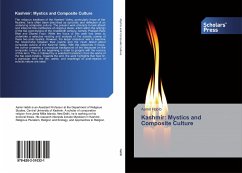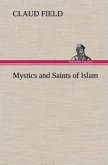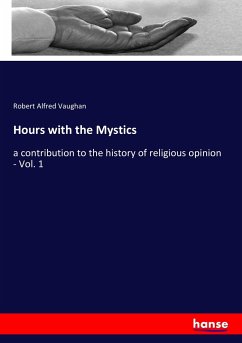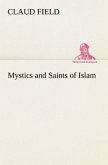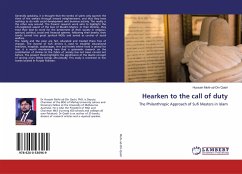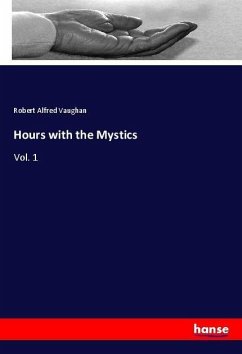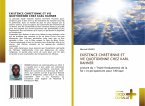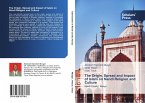The religious traditions of the Kashmir Valley, particularly those of the Muslims, have often been described as syncretic and reflection of an underlying composite culture. The present work attempts to look afresh and interpret this confluence of religious ideas, albeit within the writings of the two poet-mystics of the nineteenth century, namely, Prakash Ram Bhat and Shams Faqir. While the focus of this work has been to undertake a selective reading and analysis of the eclectic poems of these two poet-mystics. However, the larger endeavor was to examine the relationship between their poems and the much talked about composite culture of the Kashmir Valley. With the objectives in focus, the author presents a conceptual background of the discourse on the composite culture at the beginning in order to grapple with the nuance of this term. This is followed by a selected translation from the works of the two poet-mystics. Towards the end, the work highlights that how for a particular end, the life, works, and teachings of poet-mystics of eclectic nature are used.
Bitte wählen Sie Ihr Anliegen aus.
Rechnungen
Retourenschein anfordern
Bestellstatus
Storno

